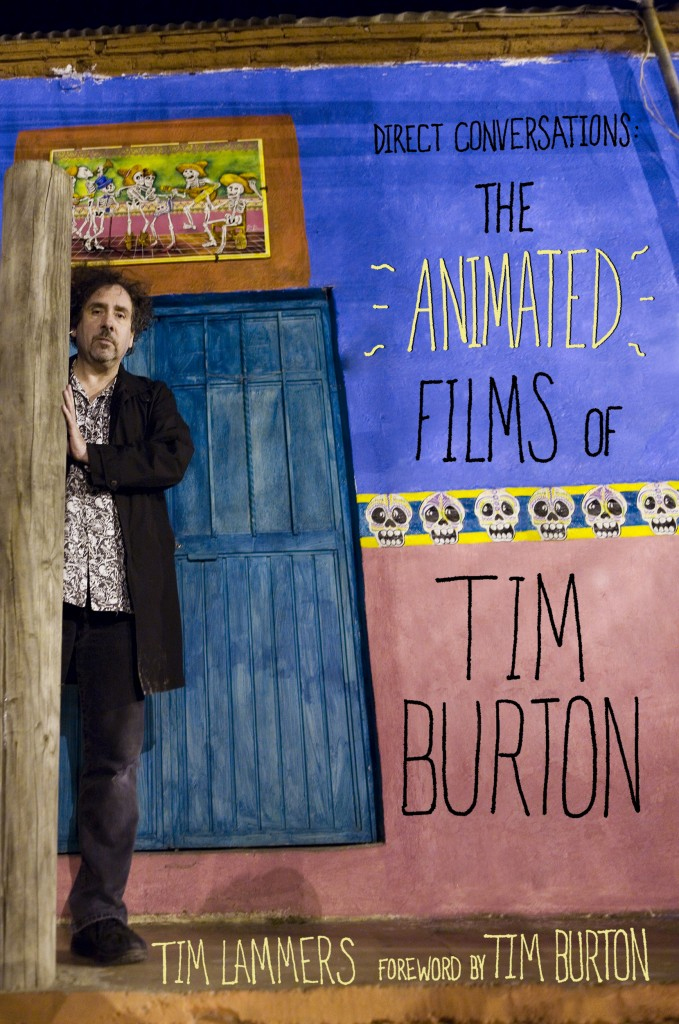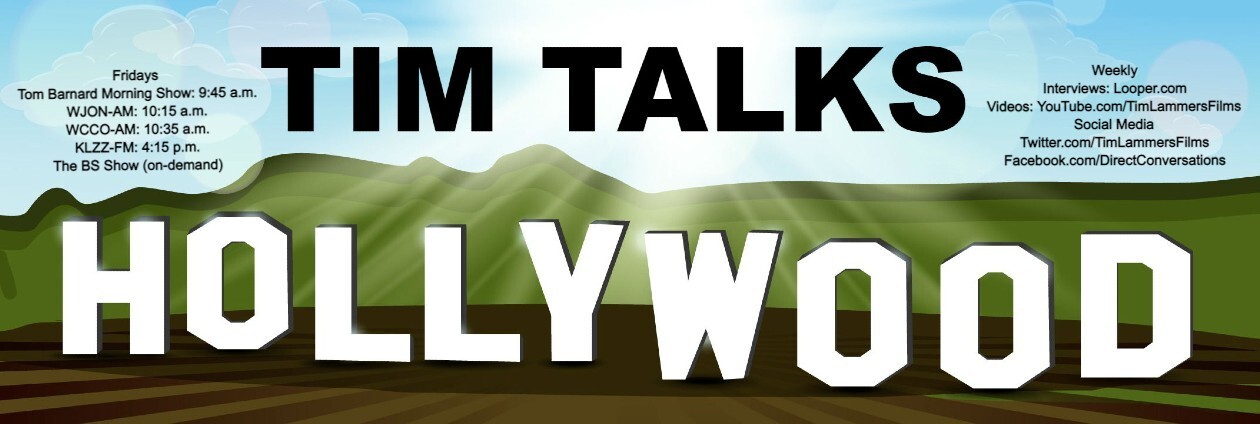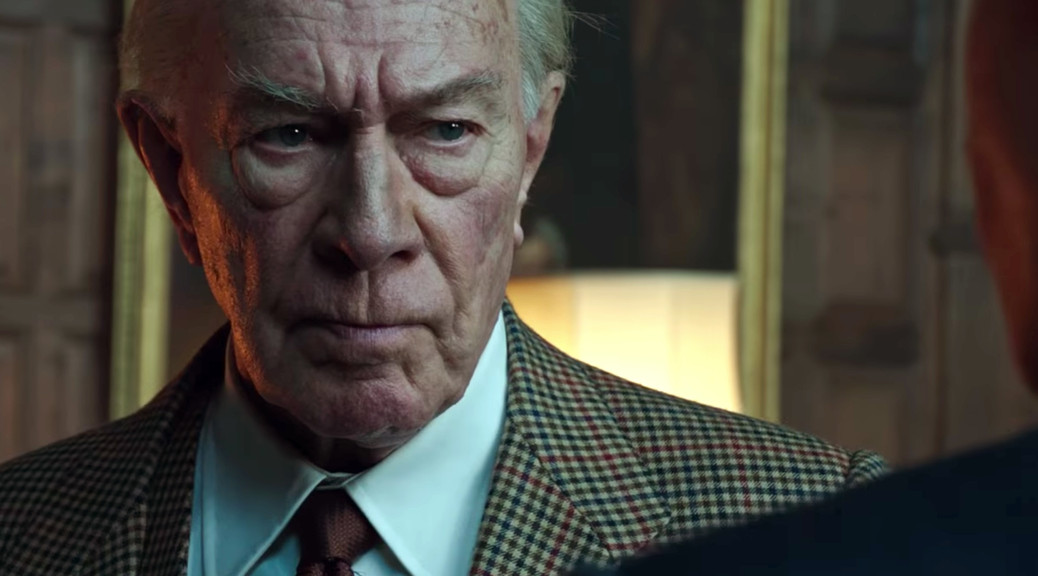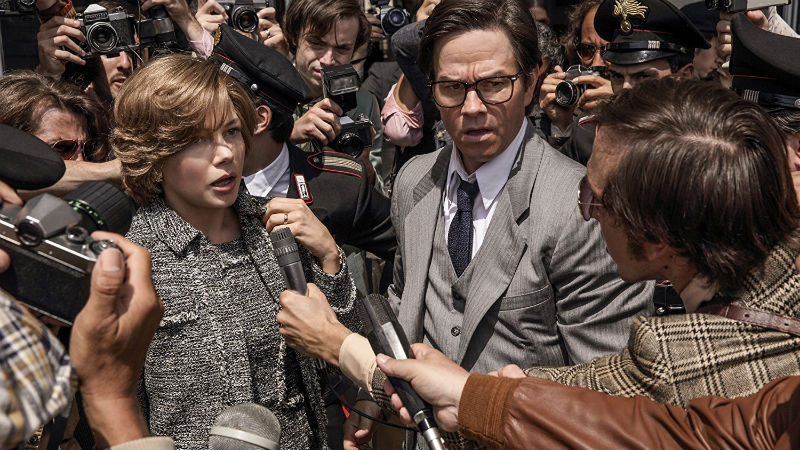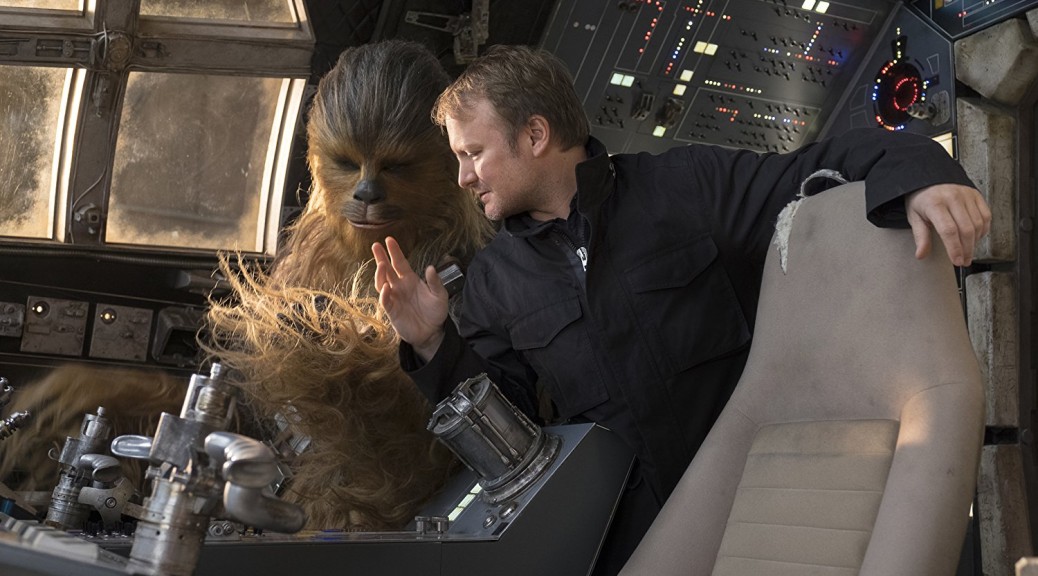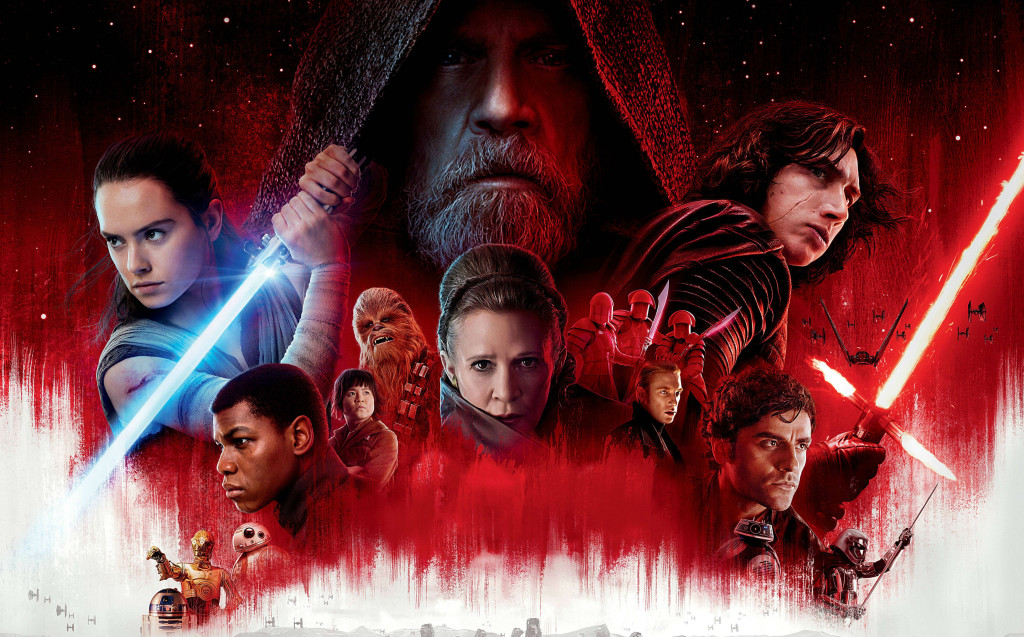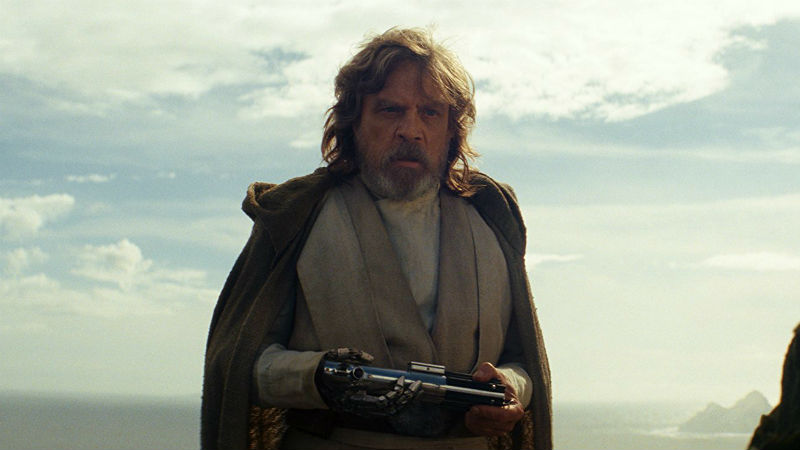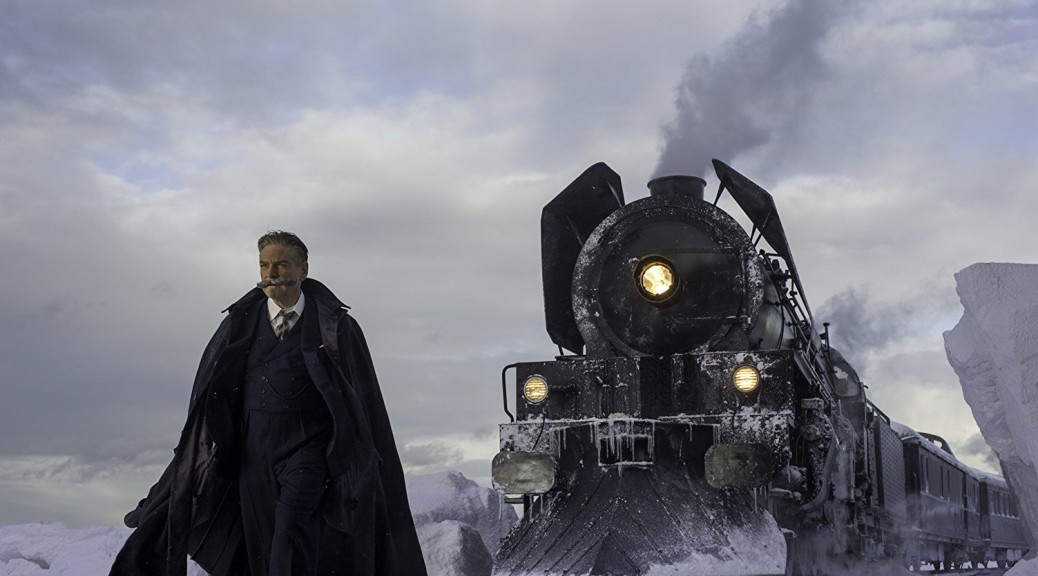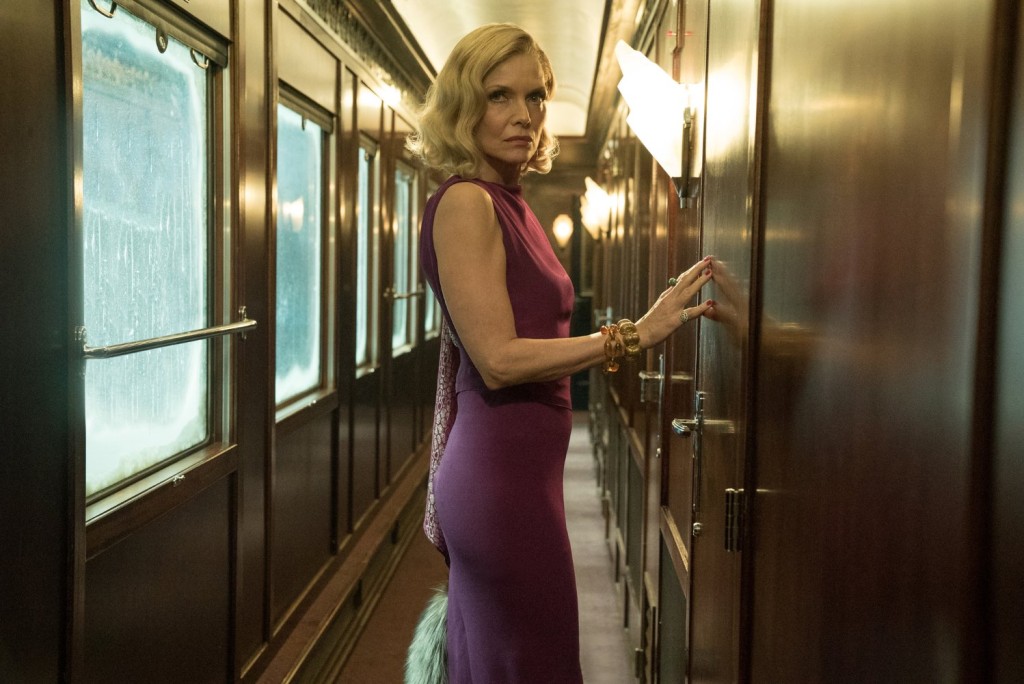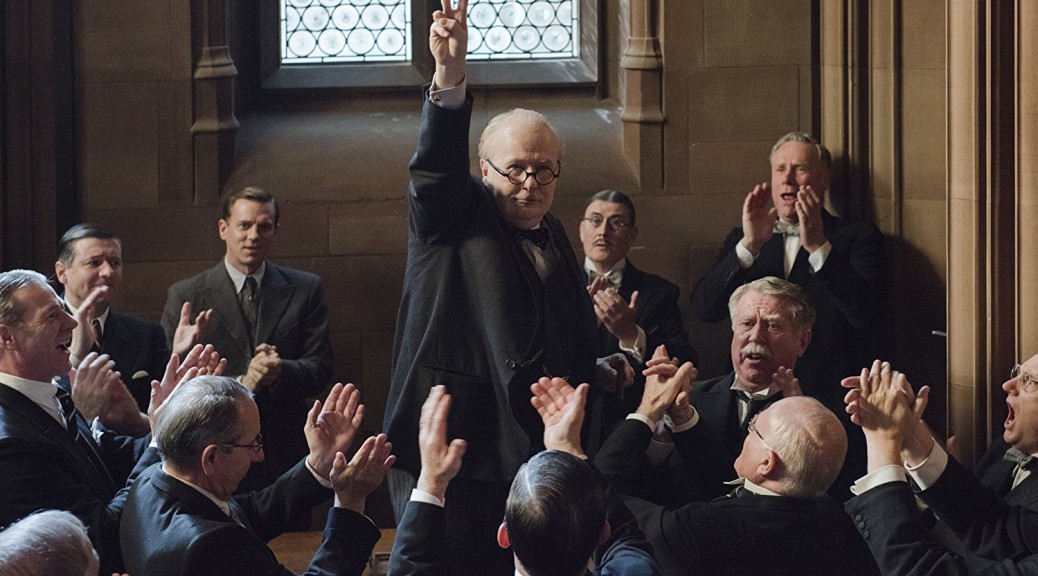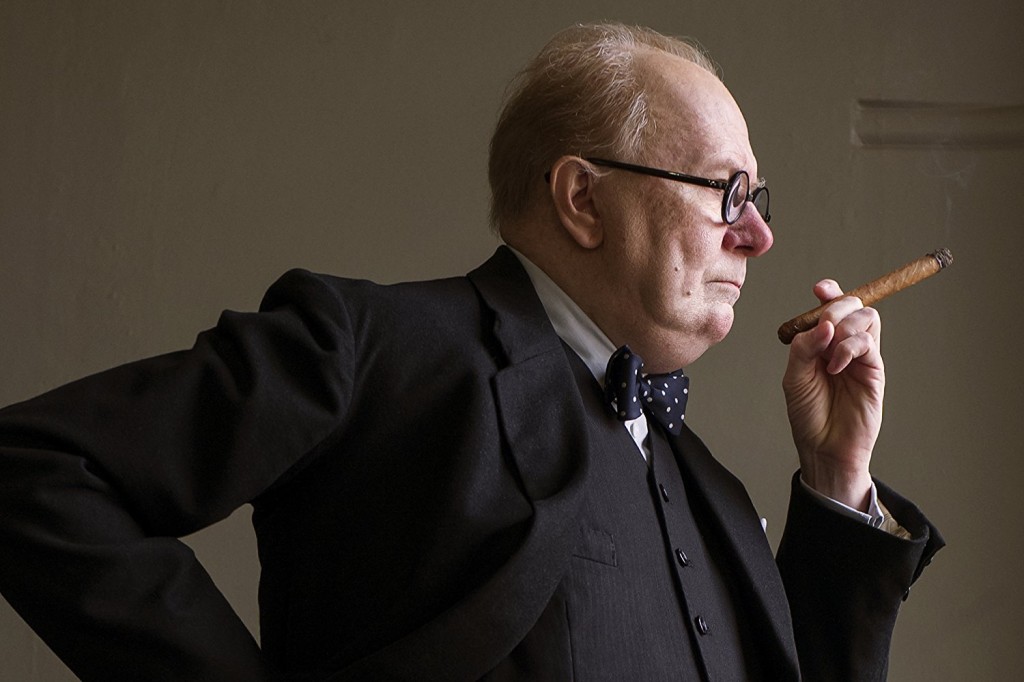Late fall and early winter is generally a busy time in the movie business. Studios not only prepare to release big films for holiday season moviegoers, but debut awards season contenders that will hopefully go on to vie for a bevy of accolades, including Oscar gold. But for the true-life drama “All the Money in the World” — which chronicled the harrowing kidnapping of the grandson of legendary oil tycoon J. Paul Getty — making the film’s Christmas Day release date was truly a gift.
For screenwriter David Scarpa, being involved in “All the Money in the World” was certainly the most interesting project he was involved in, and not just because of the film’s compelling subject matter. No, it’s more about how as a filmmaker you can think your movie is good to go for its release — that is, until the whole world comes crashing down upon it.
“There are many numbers of crazy stories that happen in the course of a movie’s production, but this is certainly the most crazy public thing that I can think of and that I’ve been a part of. People always have their crazy stories, but this was pretty tumultuous,” Scarpa said in a recent phone conversation from Los Angeles. “What’s really weird is how smooth it worked out. Usually when there are problems with a production, it’s usually a crazy set, with some kind of a disaster or weird setback or weird revolution in the middle of the shoot or something. But in this case, everything happened when everybody thought they were in the clear, and we were about three weeks from our release, and that’s when it all went down.”
The tumultuous event Scarpa is referring to is the sexual misconduct scandal that rocked Hollywood regarding actor Kevin Spacey, who originally played the pivotal role of the elder Getty in “All the Money in the World.” Realizing how Spacey’s involvement would greatly hamper the completed film’s box office and awards prospects, director Ridley Scott decided in an unprecedented move to cut his performance from “All the Money in the World” and recast veteran Oscar-winning actor Christopher Plummer in the Getty role.
But given the fact that the Spacey scandal broke in late October, time was definitely not on the production’s side. Amazingly, all the pieces came together. Scott reshot the film’s Getty scenes with Plummer and stars Michelle Williams and Mark Wahlberg in a nine-day stretch in late November, and a cut of the film was assembled in time for an 11th hour screening for Golden Globes members in early December. The hard work paid off, as Plummer, Williams and Scott all earned Globe nominations, effectively boosting the film’s prospects for forthcoming nominations for the 90th annual Academy Awards.
For Scarpa, the experience proved to him that if something as tumultuous is going to happen to a production, a director like Scott is the person you’re going to want at the helm.
“Ridley has a team that he consistently works with, when he came back and said, ‘I can do this and do it pretty quickly,’ I’m sure he picked up the phone and called his right-hand man and producer, Mark Huffman, and asked, ‘Can we pull this off?’ Mark said, ‘Yes,’ and after that, it was really there was no question that they were going to be able to do it. For me, once they said they were got the actors back and they were going to do it, I was pretty confident that that they were going to get it done.”
As the film’s screenwriter, Scarpa was naturally involved in the reshoots. Nothing was changed from his original script, and he sent to Plummer only the dialogue that was shot with Spacey and in the film.
“We were warned by our editor, Claire Simpson, that the scenes we were shooting for the movie were going to have to conform to the Kevin Spacey movie in order to make our release date,” said Scarpa, who adapted his screenplay from John Pearson’s 1995 book “Painfully Rich: The Outrageous Fortunes and Misfortunes of the Heirs of J. Paul Getty.”
However, the screenwriter sent quite a bit more to the veteran “Beginners” Oscar winner — and Plummer naturally proved that he’s anything but a beginner when it comes to acting.
“Initially they asked me to send what is called ‘continuity,’ which is only the dialogue that made it into the cut of the Spacey version of the movie, but instead I sent all of the scenes, which included everything including the stuff that was cut into the Spacey version. Plummer actually went off and memorized all of them and used that,” Scarpa said. “As a result, there’s actually a lot more Getty material in the Plummer version than there is the Spacey version. Parts of individual scenes that got cut are now back in the movie because Plummer’s so good at them.”
“All the Money in the World” is currently playing in theaters nationwide. Scarpa’s next project will be an updated version of the classic film, “Cleopatra.”
Tim Lammers reviews movies weekly for The KQ92 Morning Show,” “KARE 11 News at 11” (NBC), “The Tom Barnard Podcast” and “The BS Show” with Bob Sansevere.
Copyright 2017 DirectConversations.com
